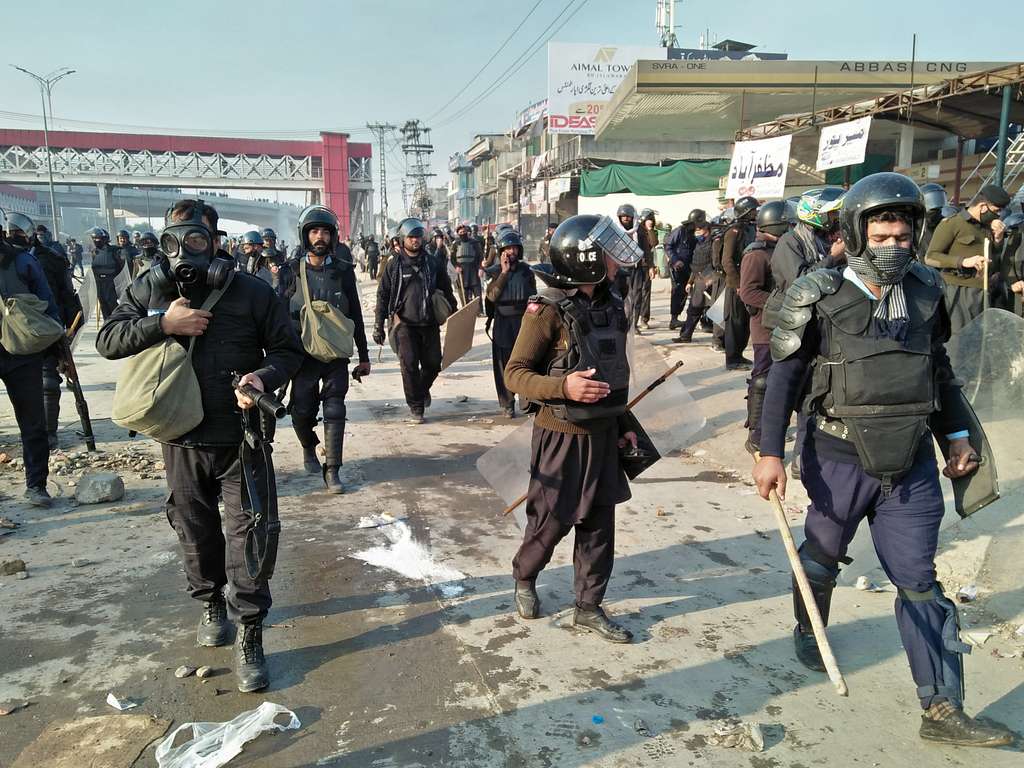Toward a Common Lexicon of Violent Extremism
As the fifteen year anniversary of 9/11 approaches, the recent spate of attacks highlights that the world still lacks an established lexicon for describing extremist violence. Governments, media, and academia continue to use confusing and imprecise language that conflates perpetrators, ideologies, organizations, origins, forms of support, physical targets, and motivations.
As the fifteen year anniversary of 9/11 approaches, the recent spate of attacks highlights that the world still lacks an established lexicon for describing extremist violence. Governments, media, and academia continue to use confusing and imprecise language that conflates perpetrators, ideologies, organizations, origins, forms of support, physical targets, and motivations.
Attacks in Orlando, Nice, and Wuerzburg over the past two months illustrate the lack of any standardized language to discuss the incidents. The man who killed 49 people at an Orlando nightclub in June has been described as a “Lone Wolf,” an “American-born man who'd pledged allegiance to ISIS,” and President Obama described his actions as “an act of terror and an act of hate.” The individual who killed 84 people and injured 303 on Bastille Day in Nice, France has been described as a member of the “European jihad,” and a first generation immigrant who was rapidly racialized. The young man who injured between 10 and 20 people on a train in Wuerzburg, Germany shortly after the Nice attacks has been described as an “ISIS inspired teen,” though at this point his “exact motives were not fully clear.”
To address this problem, below is the beginning of a proposed lexicon that attempts to more precisely define the various factors involved in violent extremism:
-
Violent Extremist Organization: An organization that takes action to further a Violent Extremist Ideology.
-
Violent Extremist: An individual who take actions to further a Violent Extremist Ideology.
-
Resident Violent Extremist: A Violent Extremist who takes actions to further a Violent Extremist Ideology in the same State in which they are considered a national under the operation of its law.
-
Non-Resident Violent Extremist: A Violent Extremist who takes actions to further a Violent Extremist Ideology in a different State than that in which they are considered a national under the operation of its law.
-
Supported Violent Extremist: A Violent Extremist who receives support for their actions from another Violent Extremist or a Violent Extremist Organization.
-
Unsupported Violent Extremist: A Violent Extremist who does not receive support for their actions from another Violent Extremist or a Violent Extremist Organization.
-
Inspired Action: When a Violent Extremist takes action that is inspired by a Violent Extremist Ideology.
-
Directed Action: When a Violent Extremist takes action based upon direction they received from another Violent Extremist or a Violent Extremist Organization.
-
Spontaneous Action: When an individual with no known previous plausible ties to a Violent Extremist Ideology, Violent Extremists, or a Violent Extremist Organization, suddenly takes action, with little planning or preparation, to further a Violent Extremist Ideology.
-
Opportunistic Claim: When an individual with no known previous plausible ties to a Violent Extremist Ideology, Violent Extremists, or a Violent Extremist Organization engages in violence, and a Violent Extremist or Violent Extremist Organization claims responsibility without providing proof that they inspired or directed the action.
This proposed lexicon is not meant to supplant the definition of terrorism in Title 22 of the U.S. Code, Section 2656f(d), which serves specific statutory functions. The purpose here is to establish a distinct lexicon, easily understood by all concerned, that more specifically defines the various factors involved with violent extremism. Applying this proposed lexicon to the aforementioned attacks would now show the Orlando, Florida attacker to be an Unsupported Resident Violent Extremist who appears to have taken Spontaneous Action. The Bastille Day attacker would be a Supported Resident Violent Extremist who appears to have taken Inspired Action. Additionally, in this case, the Islamic State of Iraq and the Levant made an Opportunistic Claim of the incident. As of this writing the Wuerzburg, Germany attacker appears as though he was an Unsupported Non-Resident Violent Extremist who took Inspired Action.
Since violent extremism is a global threat, mitigating it requires government agencies to share information with each other internally and governments to share information externally with other governments. The current lack of clear and precise terminology that is easily understood by all concerned prevents our efforts from realizing their full potential. An established lexicon will enhance communication and thus enable multiple countries to support each other’s strategies and coordinate their plans to better address the threat posed by violent extremism. Without this lexicon, any success in preventing violence may ultimately fall to the interaction of chance and probability. This sans-lexicon approach depends on luck—an undesirable asymmetry since governments must be prepared every day, while violent extremists only need to get lucky once to inflict substantial damage.




